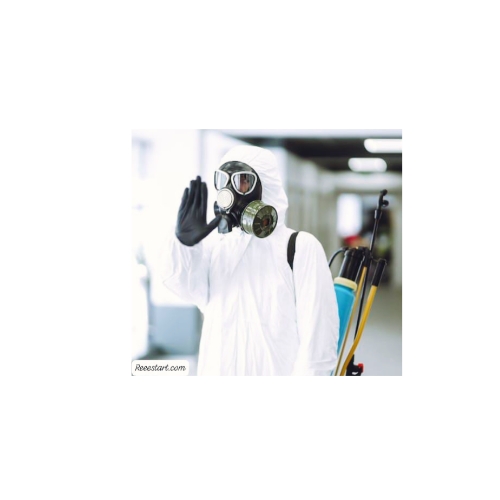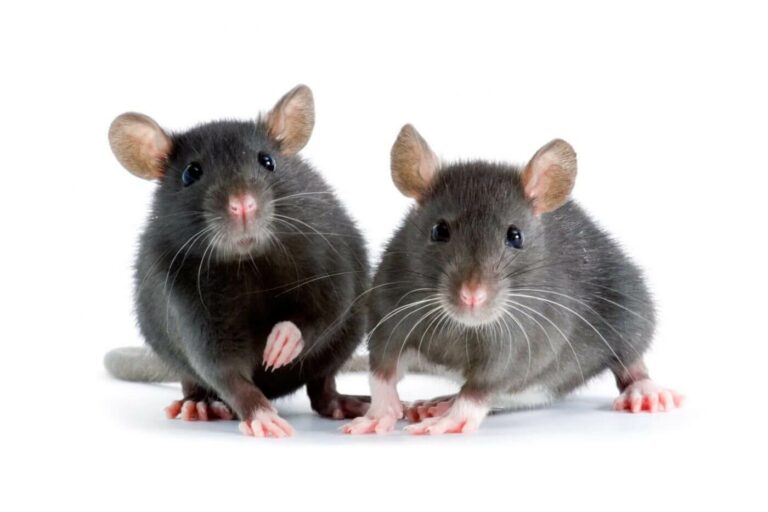Pest Master: Essential Skills for Public Health Pest Control Engineers
A Public Health Pest Control Engineer is the cornerstone of success for any company operating in this vital sector. Their role goes beyond technical expertise, encompassing inspection, analysis, planning, sales support, client relationship management, and field team development. Below is a detailed overview of the core skills every engineer must master to achieve company goals and stand out in a highly competitive market.
1. Conducting Accurate Field Inspections and Diagnosing Problems
No pest problem—whether cockroaches, rodents, or other pests—can be effectively resolved without identifying its root cause.
A successful engineer has a keen eye for details, such as cracks, openings, moisture sources, or food residues. The more precise the diagnosis, the faster, more cost-effective, and more efficient the solution will be, reflecting the company’s professionalism to the client.
2. Site Assessment and Annual Cost Estimation
An ill-prepared quotation can lead to losses for the company or unrealistic client expectations.
Engineers play a crucial role in evaluating the site size, type of activity (restaurant, food factory, hospital, residential), potential risks (rodents, birds, reptiles), and the number of visits required annually.
Accurate cost estimation ensures a fair price for the client while maintaining profitability for the company, guaranteeing a long-term business relationship.
3. Providing Technical Support to the Sales Team
Sales alone are not enough; clients need technically sound solutions that justify the service.
Engineers simplify solutions in clear, understandable language, highlighting the company’s expertise and professionalism without unnecessary technical complexity.
Technical support enhances the sales team’s ability to close new contracts and demonstrates that the company provides comprehensive expertise rather than just routine services.
4. Building Strong Partnerships with Existing Clients
Retaining clients is far more important than acquiring new ones.
This requires engineers to maintain regular follow-ups, provide detailed reports after each visit, and proactively suggest solutions before clients request them.
A successful engineer positions themselves not only as a service provider but as a trusted advisor, making the company an indispensable strategic partner—even when competitors offer alternative solutions.
5. Training Field Technicians and Fostering Loyalty
Technicians are the company’s front line and a critical factor in its success or failure, as they implement the plans on the ground.
Engineers must train them in proper use of materials and equipment, adherence to health and safety standards, and professional client interaction.
Instilling loyalty and a sense of ownership through recognition and inclusion in success enhances dedication, ensuring high-quality service and contract stability.
6. Additional Skills Every Engineer Should Acquire
In addition to the above, the following skills further define a successful pest control engineer:
Time Management: Organizing rounds and inspections to cover all priorities efficiently.
Continuous Learning: Staying updated on the latest pesticides, control techniques, and public health regulations.
Professional Communication: Writing clear and concise technical reports in both Arabic and English.
Analytical Thinking & Innovation: Thinking creatively to develop unconventional solutions for complex problems.
Conclusion
A Public Health Pest Control Engineer is not merely a technical employee but a specialist, advisor, trainer, and indirect salesperson. Their success translates directly into the company’s success, while failure can result in lost clients, missed opportunities, and weakened market standing.
The more these skills are mastered and refined through practical experience, the more the engineer becomes an indispensable asset for any company striving for excellence and sustainability in this critical field.




